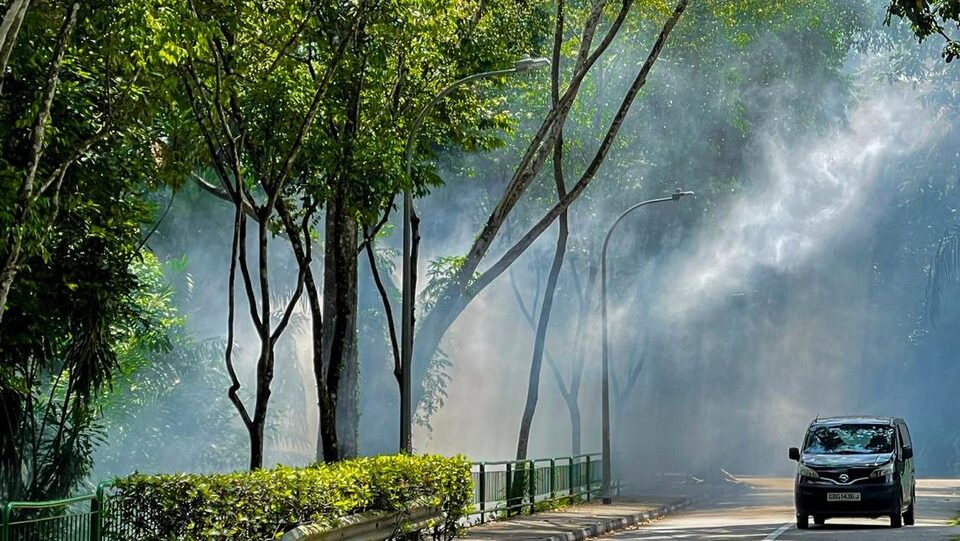Singapore – As the Republic marks its 60th year of independence, sustainability stands at the heart of its national narrative. From its earliest years, resource scarcity compelled Singapore to innovate and adapt. Today, the same resilience drives the nation’s climate ambition: to achieve net zero by 2050 while safeguarding its economy, energy security, and long-term resilience.
Prime Minister Lawrence Wong reaffirmed this commitment in the 2025 Budget statement, even as some major economies retreat from their climate pledges amid geopolitical and economic pressures. For Singapore, the SG60 milestone offers not only reflection but also a forward-looking strategy for environmental stewardship, economic growth, and social inclusion.
The country’s path toward sustainability has been shaped by necessity and ingenuity. Its water resilience strategy, embodied in the “Four National Taps”, has transformed a vulnerability into strength through reclaimed and desalinated sources. Urban planning has evolved beyond the Garden City concept into a “City in a Garden”, where 40 per cent of land area is green. In energy, solar deployment and regional power import plans complement a broader push for efficiency.
Yet, formidable challenges remain. Singapore’s pledge to reduce emissions to 60 MtCO2e by 2030 and achieve net zero by 2050 depends on accelerating low-carbon technologies, importing renewable energy, and participating in robust international carbon markets. These ambitions demand both technological breakthroughs and regional cooperation.
Progress is evident. Partnerships with institutions and startups are advancing carbon capture, hydrogen, and climate tech. PUB’s Equatic-1 project, slated to be the world’s largest ocean-based CO₂ removal plant, will also generate clean hydrogen. The Lao PDR-Thailand-Malaysia-Singapore Power Integration Project has doubled imports of hydropower from Laos, underscoring the promise of the ASEAN Power Grid despite regulatory and infrastructural hurdles.
Opportunities are equally significant. Singapore is positioning itself as Southeast Asia’s hub for green finance and carbon services, with over 150 firms operating today. The carbon market alone is expected to create up to 5,000 jobs in the next decade and add billions of dollars in economic value. Renewable energy imports and grid integration also hold the potential to generate thousands of green jobs across the region.
SG60 highlights a pivotal juncture: sustainability is no longer a policy choice but an existential imperative. For Singapore, the journey to SG100 will hinge on a whole-of-nation approach—government as enabler, businesses as innovators, and individuals as catalysts. If successful, the Republic will not only remain resilient but also emerge as a regional leader in the global green economy.









